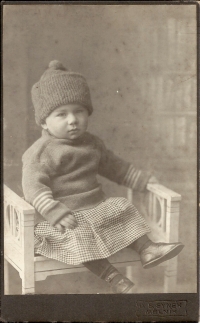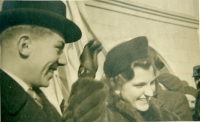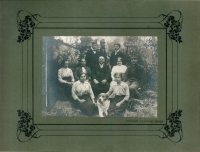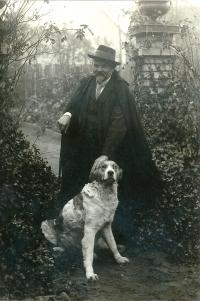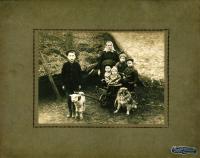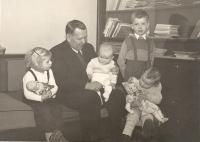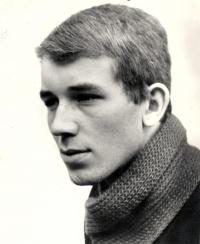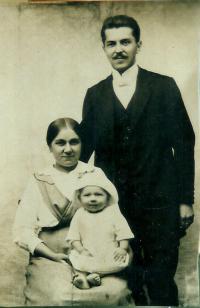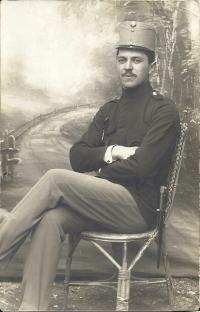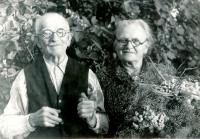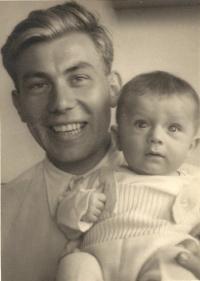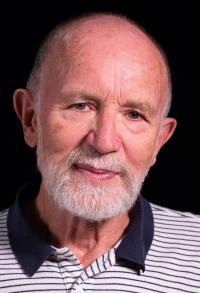To disappear without a trace
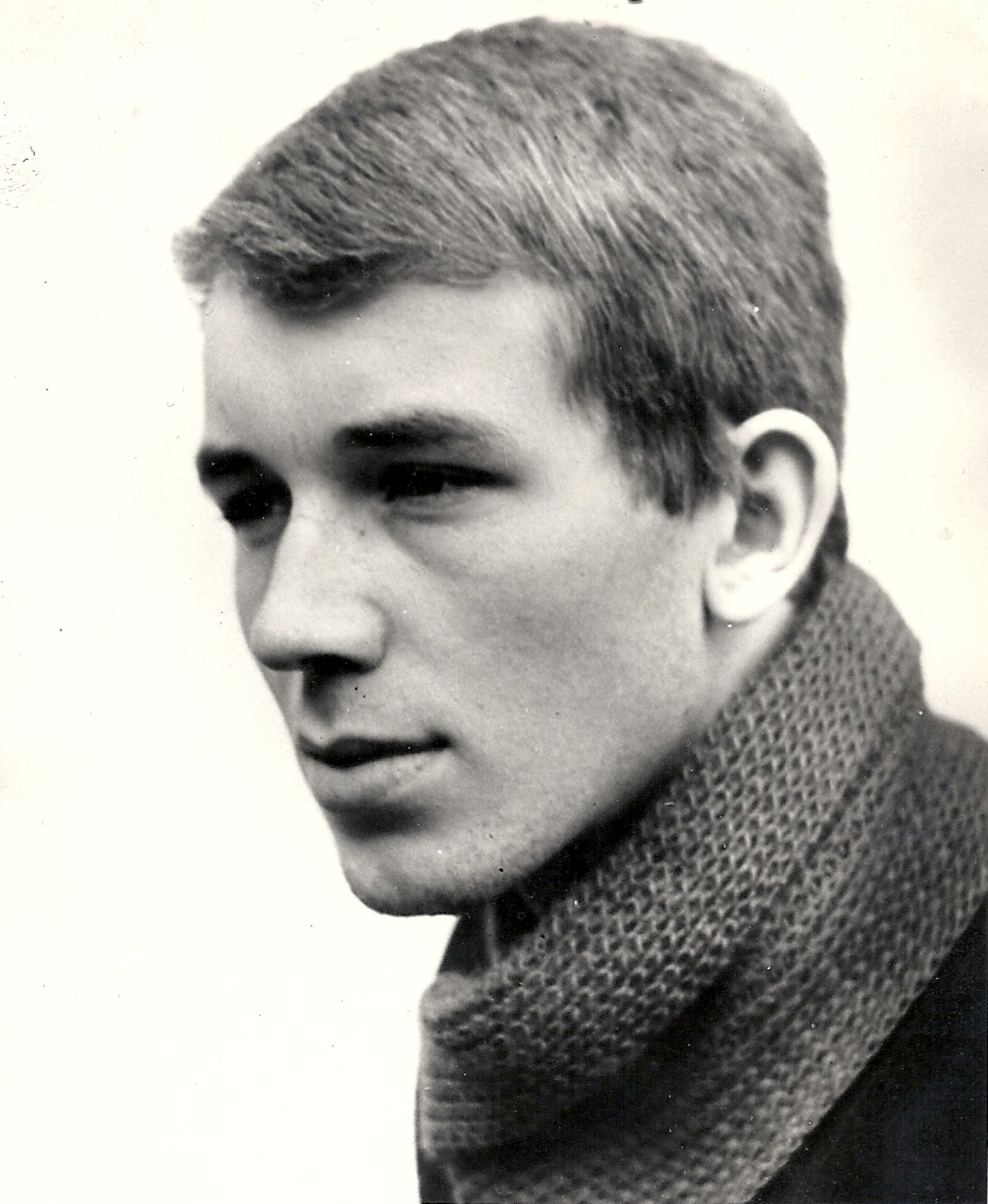
Download image
Jan Klos was born on 26 February 1941. He spent his youth in Mělník-Mlazice. His half-grandfather, Václav Kryml, ran a road transport business in Mělník. His father, Josef Klos, founded the company Dadák and Klos in 1930s. He was engaged in the production of baskets, furniture, toys, interior equipment and exhibition spaces. In 1942 his business partner was executed during the persecutions associated with the assassination of Heydrich. Josef Klos eventually escaped probably due to family acquaintances and money. The company was renamed to Muse - Mělnik Art Works. In 1951, the family lost everything because of nationalization, and Jan Klos laughs to say that only since then he had a dad, who until then was still working and had little time left for the family. They moved to the last thing left by the communists - four-room unfinished outbuildings of the old farm. His mother, Běla, née Štípková, gave birth prematurely due to the trauma of nationalization and emigration and suffered psychological consequences for the rest of her life. Two families of the former grandfather’s employees, Jan, two siblings and parents, the mother’s grandparents, and the mother’s three-member family had settled in the four rooms and the improvised room on the attic. After completing his eighth grade, Jan was given a placement at a vocational school, where he was to be trained as a carpenter. Thanks to his father and his former colleague, Viktor Fixl, however, he applied for exams at the Secondary School of Housing Design in Prague. He successfully passed the tests and studied in the department of toys and small art industry. The school participated in the realization of the Czechoslovak exhibition at Expo 58. Jan worked according to the designs of Jiří Trnka, he earned a decent income and he actually enjoyed the work. After school he could not get a job because of his cadre assessment. Finally, thanks to the intervention of Viktor Fixl, he got a job in the development department of sports and technical equipment, from which he later joined the military service. He was assigned to the auxiliary technical troops (PTP) that were soon reorganized. In 1963-1973 he worked as a puppet master at the Spejbl and Hurvínek Theater and then worked as an animator. He married the sculptor, Helena Samohelová.
